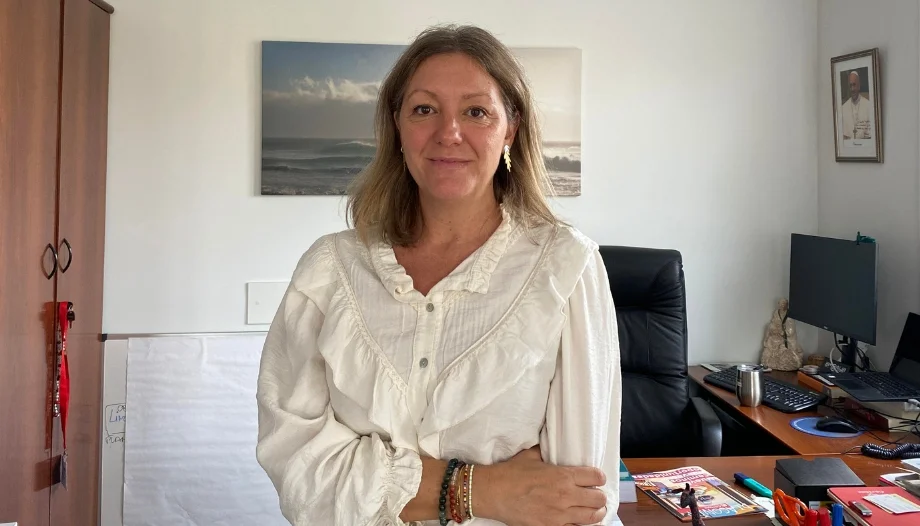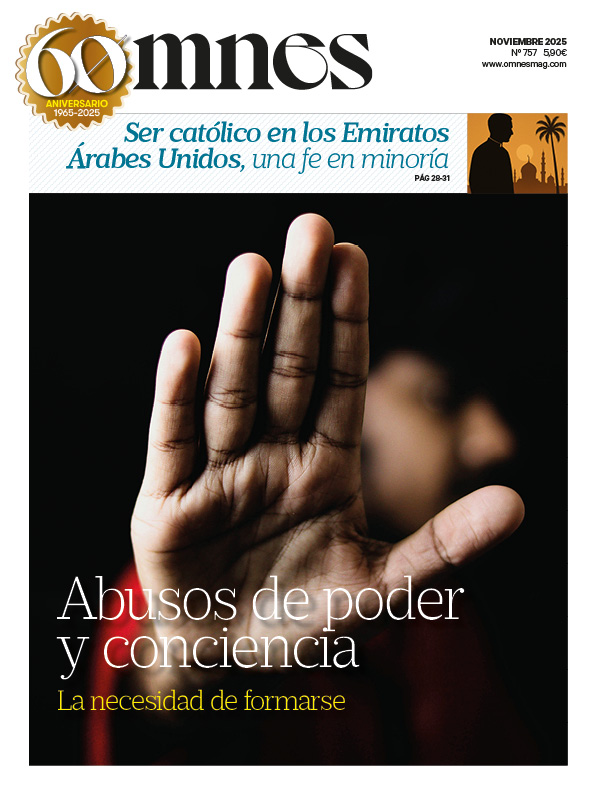Spain is undergoing a process of social fragmentation in which the middle class is shrinking and millions of families are falling into the lower strata, leaving Spain with one of the highest rates of inequality in Europe. This is reflected in the IX FOESSA Report on Social Exclusion and Development in Spain, presented by Cáritas and prepared by a team of 140 researchers from 51 universities and study centers.
According to the report, severe exclusion already affects 4.3 million people, 52 % more than in 2007. The main drivers of this fracture are housing and precarious employment: 45 % of those living in rented accommodation are at risk of poverty - the highest figure in the EU - and almost half of the working population suffers from some form of job insecurity.
Other factors aggravate exclusion, such as insufficient education, poor health, social isolation or family background, which multiplies the chances of falling into poverty. Exclusion also hits female-headed households and children particularly hard, with one-third of the most severe cases.
Despite the difficulties that severely excluded households face on a daily basis, three out of four of them activate inclusion strategies, i.e., they seek employment, get training, activate networks and adjust expenses, but they come up against structural barriers, encounter fragmented mechanisms, scarce resources and very little personalization. Activation in these households went from 68 % in 2021 to 77 % in 2024. With these data Raúl Flores insisted on dismantling the myth of the passivity of people in situations of poverty and exclusion: «this idea that they live on social benefits without seeking solutions or taking actions for their inclusion is false. This reality shows that it is not the people who are failing, but the system”.
A fragmented community network
The presentation of the report spoke of an increasingly individualized society: «The rise of individualism is also reflected in a gradual change of values: whereas decades ago equality was prioritized, now personal freedom is often given priority over social equality. And on top of this prevailing individualism rides the persistent myth of meritocracy, the idea of the ‘self-made man’, despite the fact that evidence shows that family origin, inheritance and social capital are decisive».
Raúl Flores pointed out that this individualism breaks the community network and isolates us: «when the awareness of risk does not generate collective action, but rather withdrawal, hope is shattered, leaving a deep emotional scar.
In the face of this hopelessness, Natalia Peiro is committed to teaching about intergenerational relations, intercultural relations, the family «and that safety net that I believe has often been attacked but that we have not really found anything better. The report shows that the change in the structure of households favors a greater risk of social exclusion. We are committed to Christian values».
Catholics against individualism
“We believe that the future of society also depends on what we do every day. There is a strategy of moral destruction that prevents us from putting ourselves in the place of others. It is very easy to side with your own people, but not with those who think differently or those who have less,” he says.
The secretary general warned of the creation of “fictitious enemies” between generations or groups, and warned of the risk of an “increasingly elitist and segregated” society: “there are many very elitist Catholics who contribute to this situation. every man for himself, because they can be saved. But those who cannot do so cannot be left alone. If we continue down this path, we will end up emptying public systems and moving towards models like those in Latin America, with unequal healthcare and education.”
Peiro insisted that the Church and society must assume their share of responsibility, betting on a coexistence based on mixing, encounter and real solidarity: “It is difficult for us to relate to people in need in a real way, not only helping them but making them part of our lives. The future lies in mixing with people who are different, with life trajectories that displace us, but that enrich us. Encountering those who are having the worst time always gives you a much better perspective on life.”
Despite the worrisome diagnosis, Peiro remains hopeful: “There are many people who continue to promote initiatives for coexistence and help. As long as there are committed people, there is hope. We can change our environment, and from there transform the system.”








